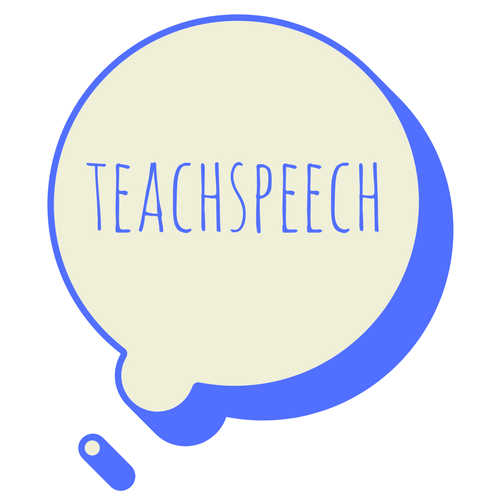On the first day of high school, I walked into my school’s atrium, looked up and saw a wall covered with banners. One large banner in the center of the wall had the words “RIDGE FORENSICS: EXCELLENCE IN SPEECH AND DEBATE” printed on it, while the two banners on either side listed years that the team was recognized nationally and named state champions. Surrounding those three banners were smaller ones with individual names on them, recognizing their status as national champions. I remember thinking how impressive it would be to have my name on a banner, immortalized in the atrium of my high school.
Four years later, that passing thought became a reality. I visited Ridge High School in January and saw a banner with my name on it hanging on that wall, with the words “NATIONAL CHAMPION” written above it.
My story starts off just as cliché as most people: I joined this team on a whim. I made a split-second decision to go to Saturday auditions for the forensics team, and while I didn’t make the team on the first round of tryouts, I was encouraged to come back in two weeks with a prepared audition piece and try again. I spent days rehearsing a Sarah Kay poem, and on the day of auditions, I put my heart and soul into my performance. Two days later, I found out I made the team. I was ecstatic.
The girl who read a Sarah Kay poem for her audition and the girl who championed TOCs are two very different people. Sarah Kay girl was uncomfortable in her own skin, awkward, nerdy and reserved. She feared her coaches and the upperclassmen, and found tournaments boring. So, what changed?
Things clicked for me when I realized how big of an impact a competitor could have just by speaking the truth. For my junior year, I put together a POI program about Third-Culture Kids, or kids who were raised in different countries than their home. It was not a good program; the sources were weak, the cutting was atrocious and the characters were underdeveloped. But I loved every minute of performing it because as a Third-Culture Kid, this POI was essentially about me. I was sharing my story through literature, and being able to present about something that hit so close to home made me fall in love with this activity.
My journey in speech was in no way easy. I remember feeling like I had hit rock bottom at the New Jersey District Tournament at the end of my junior year, when I received first alternative for NSDAs. After that, all my passion for the activity went down the drain; if I wasn’t good enough to compete at the national level, there seemed to be no point in competing. With each performance after Districts, I stopped feeling the way I felt when I first performed my program. I felt like I let my team down because I just wasn’t good enough.
After a few weeks of wallowing in that feeling, however, I realized something. The only person telling me I wasn’t good enough was me, and I was the only person holding myself back from performing at the level I aspired to be at. The summer before my senior year, I was named captain of the Ridge Interpretation team and I made a goal to prove to myself that I was good enough.
I spent the summer prepping two events that I was incredibly passionate about. I spent hours cutting, characterizing and blocking. I kept on changing aspects of my pieces to keep things interesting. Just like I did with the Sarah Kay poem, I put my heart and soul into every single performance. At the end of my senior year, I flew home from Kentucky with two things: a national championship trophy and the belief that I wasn’t just good enough, I was more than enough. To me, that meant more than any trophy ever could.
It feels surreal to be named a national champion and it feels great to be recognized for my hard work. However, those aren’t the most important memories I’ve made in speech. At each tournament, I would learn something new about myself or about performing. I made it a point to learn something from every single competitor’s performance and to take each round as a learning experience as opposed to cutthroat competition. I’ve grown so much as a speaker and as a person just by taking part in speech.
I would not be the person I am today without my coaches, my teammates and my best friends in this activity. When I go back to my high school, I look up at the atrium wall, see my name there and feel proud of everything that I’ve accomplished. But looking up, I also remember the moments I shared with others in this activity and the lessons learned that got me there. Four years of speech is grueling, tiring and exhausting. Sometimes you feel like you don’t get the results you want for the amount of work you put in. But speech taught me the ability to stand back up even after being knocked down. That, to me, is what speech is about: finding yourself while building the courage to persevere despite all odds. Everything else is just a bonus.

